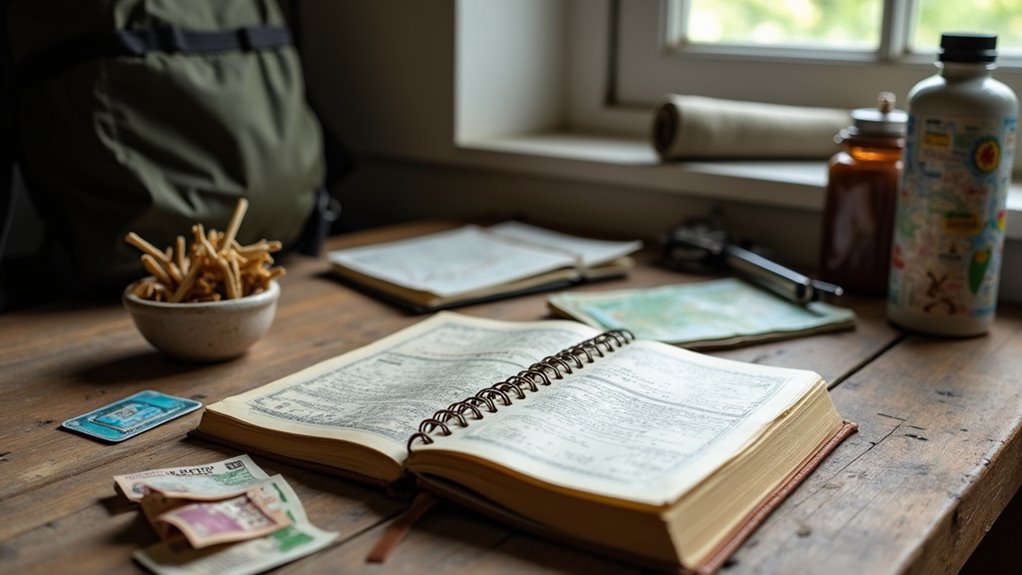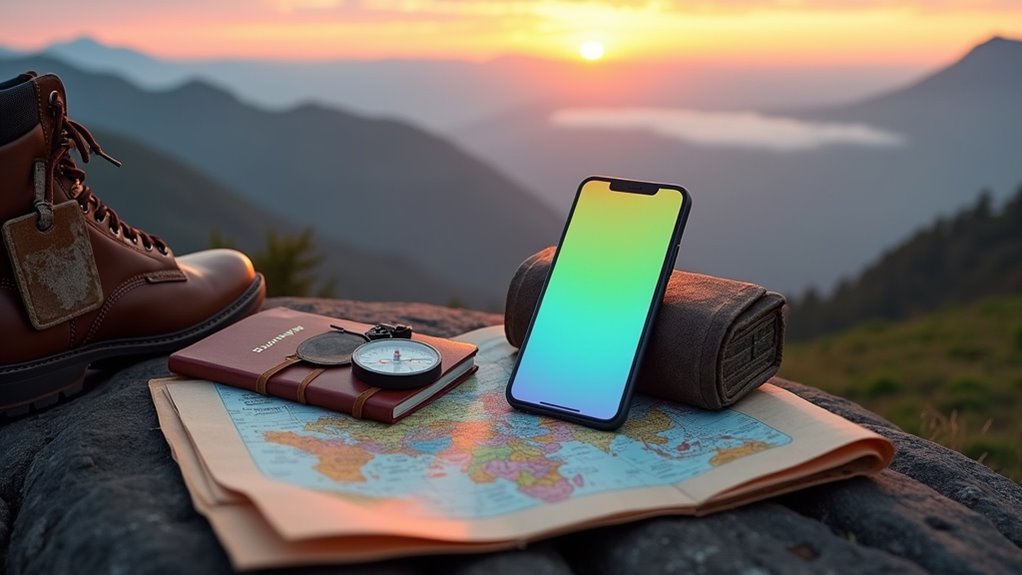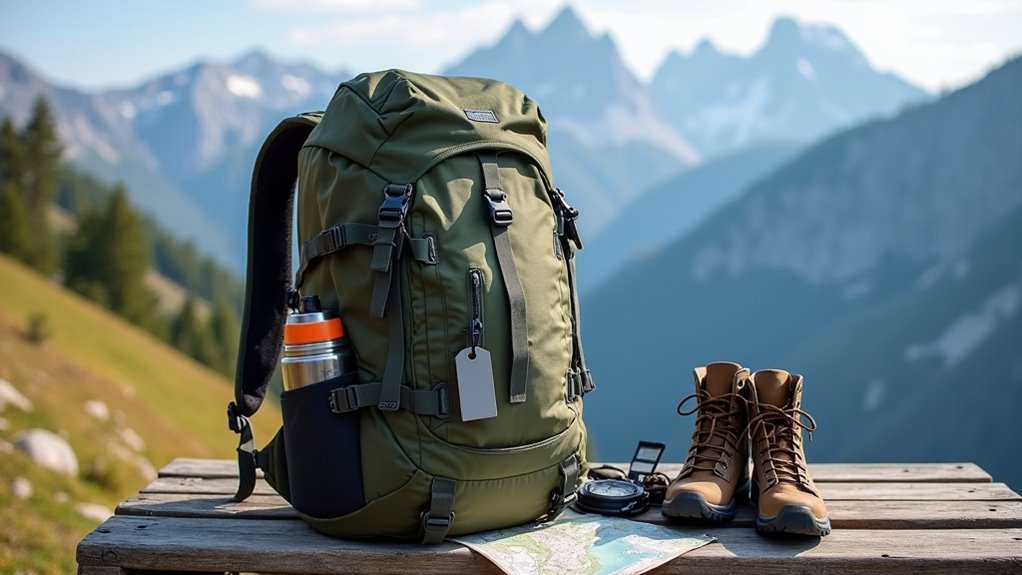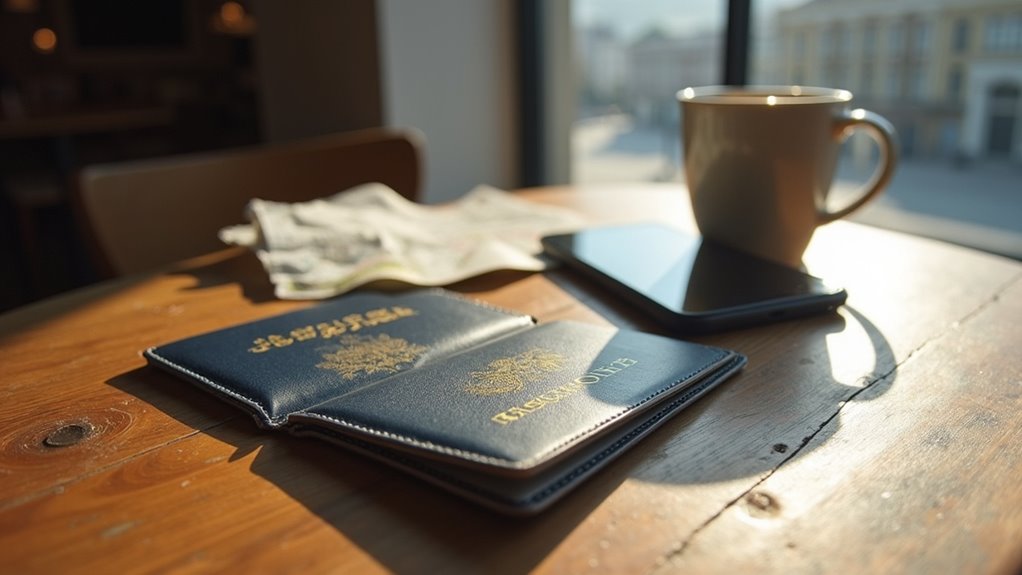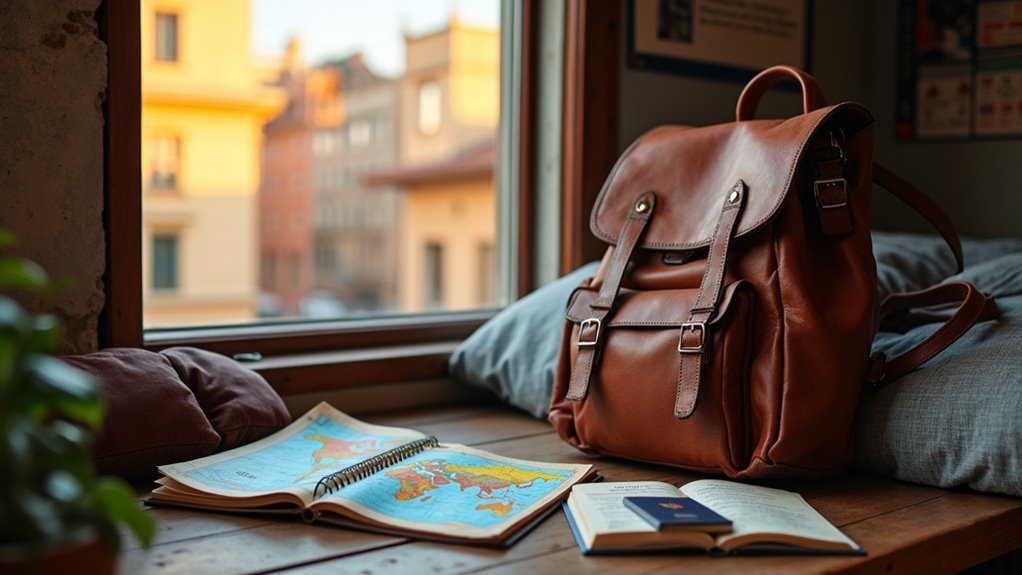To save money for travel as a backpacker, prioritize free lodging through Couchsurfing, house-sitting, or camping where permitted, and choose hostels or budget hotels for essential amenities. Use public transportation, car-sharing, or walk and cycle to minimize transit costs. Shop at local markets, prepare simple meals if kitchens are available, and try street food for affordable dining. Manage your budget with financial apps, exchange currency wisely, and pack efficiently to prevent extra purchases. There’s much more you can do to maximize your savings.
How can you make your travel dreams a reality without overspending? Start by rethinking where you stay. You can cut accommodation costs considerably if you’re open to alternatives. Websites and apps connect travelers with locals offering free places to crash, or you can opt for communal hostels and budget hotels that provide essential amenities at minimal rates.
For those who enjoy the outdoors, camping along popular backpacking routes is often inexpensive or even free. Couchsurfing introduces you to cultural exchange opportunities, letting you stay with hosts at no cost. House-sitting, where you care for someone’s home or pets in exchange for lodging, is another effective way to secure free accommodations, especially if you plan ahead and apply early. If you already own a tent or sleeping bag, taking care of the gear you already own can help you avoid replacement costs and keep your equipment in good condition for future trips.
Transportation expenses can quickly add up, but you can minimize them by embracing a flexible mindset. Hitchhiking remains a popular way to travel long distances, particularly in rural regions where traffic is lighter. Public transportation, such as buses, metro systems, or trains, is usually more affordable than taxis or rental cars, especially if you purchase day or week passes. Locating free WiFi hotspots can help you navigate public transit schedules and maps without incurring roaming charges. Car-sharing platforms let you split costs with fellow travelers, making longer journeys more economical. In cities, walking or cycling offers both savings and a chance to explore neighborhoods more intimately. If you need to fly, booking budget airline tickets early often results in lower fares.
Keep transportation costs low by hitchhiking, using public transit, and seeking flexible options that stretch your travel budget further.
Planning and budgeting are essential. Estimate your daily expenses in advance, and use financial apps to track your spending as you go. Carry a combination of cash and cards, since not all places accept the same payment methods, and exchange currency ahead of time or use ATMs with low fees to avoid unfavorable rates. Setting a clear travel goal before your trip can help you determine exactly how much you need to save and stay motivated throughout the process.
Save on food by eating local street food, shopping at markets, or preparing your own meals if your accommodation has kitchen access. When you need gear, buy used equipment, look for sales, or borrow items from friends.
Pack only what you need to prevent unnecessary purchases. By applying these strategies, you’ll maximize your resources and travel farther without financial strain.
